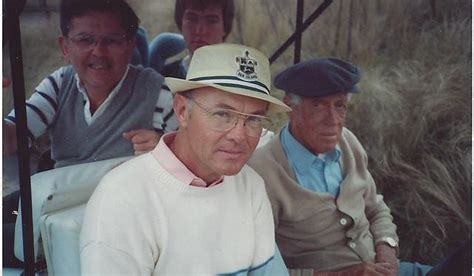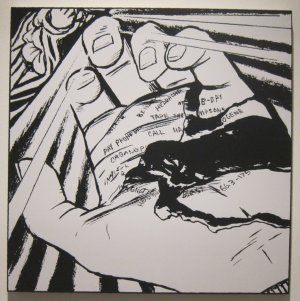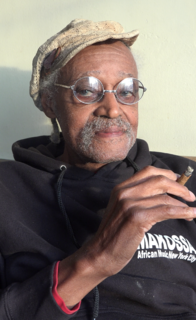A Quote by Terry Zwigoff
It makes it difficult to decide which to go see, since no film about say, some tragic genocide in Africa is going to get a bad review even if it's poorly made.
Related Quotes
One thing I noticed over time is that if I got a bad review, usually the bad part of it was at the very end. I could tell that nobody read the whole review because they would just say, "It was great to see the review!" In a way, my brain shuts down at the end of an article. It doesn't really want to go to the end.
Writers are funny about reviews: when they get a good one they ignore it-- but when they get a bad review they never forget it. Every writer I know is the same way: you get a hundred good reviews, and one bad, andyou remember only the bad. For years, you go on and fantasize about the reviewer who didn't like your book; you imagine him as a jerk, a wife-beater, a real ogre. And, in the meantime, the reviewer has forgotten all about the whole thing. But, twenty years later, the writer still remembers that one bad review.
It's hard to see a film one time and really "get it," and write fully and intelligently about it. That's a review. That's not film criticism. And there's so many expectations involved, too. You're going in to see the latest Martin Scorsese or Stanley Kubrick film, you really have high hopes, and you can't help but find that it's not exactly what you had in your head going in. Until you can watch it again, you can't accept the work for what it intends to be. It takes at least a second viewing.
Whoever writes a bad review, I put their name on a list, and they're going to get taken care of one day down the road. Otherwise, I don't let it bother me. The truth is, these are review-proof movies. The audiences are going to see it. My audience, our audience, isn't reading Esquire magazine to see if my movie is good or not. They just want to laugh, to be entertained, and lose themselves.
In the philanthropy game, you're going for different outcomes: saving childhood lives, having kids grow up - because they don't have malnutrition or disease - that they achieve their full potential. We take for Warren [Buffett] things that, because he's very intelligent about the world but doesn't get to go out in Africa and see what we see, we've taken and say to him where we stand and it's basically a very positive report that his gift has made a phenomenal difference.
I had already made a decision early on that I would be a plain girl with tons of personality, and accepting it made everything a lot easier. If you are lucky, there is a moment in your life when you have some say as to what your currency is going to be. I decided early on it was not going to be my looks. I have spent a lifetime coming to terms with this idea and I would say I am about 15 to 20 percent there.Decide what your currency is early. Let go of what you will never have. People who do this are happier and sexier.
No film is made without the people behind the lens. Of course, most people, even I, tend to look at films in the most simplistic way, and say, "Wow, so-and-so is in this film." We talk about who's in it, as opposed to who got it made. But there are financial and technical aspects which go along with it, that should be addressed and acknowledged, including those minorities who are doing excellent work as well.




































